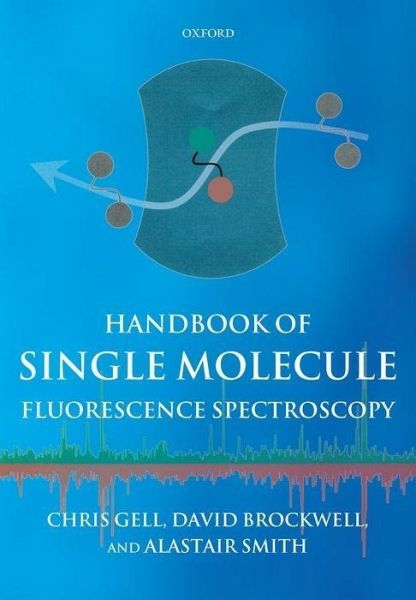
Handbook of Single Molecule Fluorescence Spectroscopy
Versandkostenfrei!
Versandfertig in über 4 Wochen

PAYBACK Punkte
33 °P sammeln!




This book is aimed at providing a practical introduction to single molecule fluorescence experiments, the analysis of the data, and applications of the techniques to the study of biological structure and function. The techniques have wide applications in biology, and underpin some aspects of nanotechnology and quantum information processing.
Dr Chris Gell School of Physics and Astronomy E C Stoner Building University of Leeds Leeds LS2 9JT Chris Gell obtained his MPhys. in Physics with Electronics and Instrumentation in 1998 from the University of Leeds. He then obtained his PhD in 2001 from the same institution. During his PhD he designed and constructed single molecule fluorescence spectroscopy instrumentation in Leeds and applied this to simple studies of protein folding. After his PhD he was appointed Laser Facilities Manager for the Institute of Molecular Biophysics in Leeds. In this ongoing position Chris has designed and constructed several additional types of single molecule instrumentation and helped to lead the varied single molecule fluorescence studies that are continuing in Leeds. In addition Chris is responsible for overseeing, maintaining and having intellectual input in a variety of other techniques and instruments in the institute, including: time-resolved and steady state luminescence spectroscopies. Prof. Alastair Smith School of Physics and Astronomy E C Stoner Building University of Leeds Leeds LS2 9JT Alastair holds the Chair of Molecular Biophysics and is Director of the Institute of Molecular Biophysics at the University of Leeds. His undergraduate degree in Physics and PhD in the nonlinear optical properties of liquid crystals were awarded by the University of Manchester. Following a period of work in the Chemistry Department at the University of Pennsylvania, he was appointed as Lecturer in Physics at the University of Leeds in 1995. Since then his work has focused on the development of enabling technologies for structural molecular biology. He collaborates extensively with Life Scientists in the UK and internationally with a main research focus on protein folding and biological self-assembly. Dr David Brockwell School of Biochemistry and Microbiology University of Leeds Leeds LS2 9JT David obtained his B.Sc. in Pharmacy from the University of Manchester in 1992 and registered as a Pharmacist after a qualification year at St. Bartholomew's Hospital, London in 1993. He then returned to Manchester and obtained his Ph.D in 1997. After six years post-doctoral work in the School of Biochemistry and Microbiology at Leeds, he was appointed to the academic staff of the same department jointly as part of the EPSRC funded Doctoral Training Centre and the newly created Institute of Molecular Biophysics. His main of area of research involves the use of single molecule techniques to characterise the mechanical properties of proteins and their complexes and the relation between these fundamental aspects of protein structure, stability and dynamics to the control of biological activity and homeostasis in vivo.
Produktdetails
- Verlag: Oxford University Press
- Seitenzahl: 280
- Erscheinungstermin: 24. August 2013
- Englisch
- Abmessung: 246mm x 169mm x 20mm
- Gewicht: 496g
- ISBN-13: 9780199673841
- ISBN-10: 0199673845
- Artikelnr.: 38029716
Herstellerkennzeichnung
Libri GmbH
Europaallee 1
36244 Bad Hersfeld
gpsr@libri.de
Für dieses Produkt wurde noch keine Bewertung abgegeben. Wir würden uns sehr freuen, wenn du die erste Bewertung schreibst!
Eine Bewertung schreiben
Eine Bewertung schreiben
Andere Kunden interessierten sich für


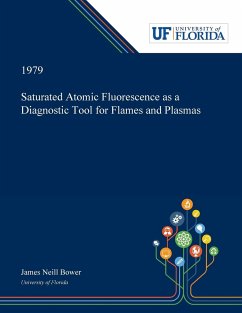
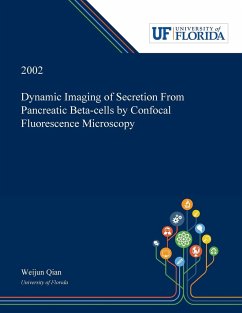
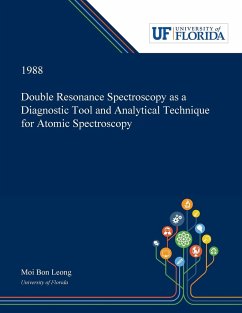
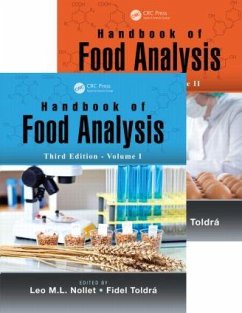
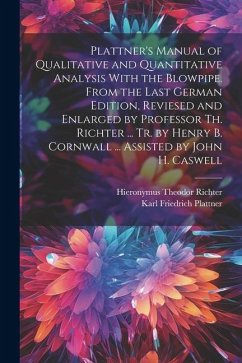

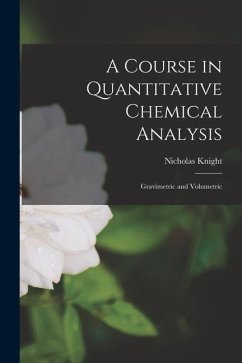
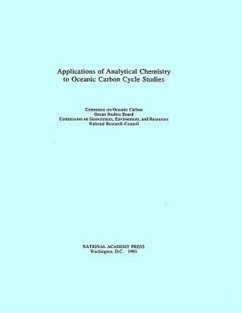
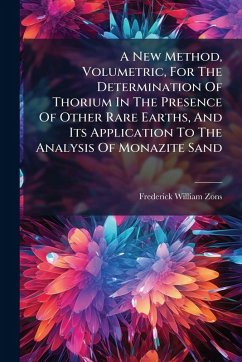
![Introduction to Qualitative Analysis [microform] Cover Introduction to Qualitative Analysis [microform]](https://bilder.buecher.de/produkte/66/66126/66126245n.jpg)